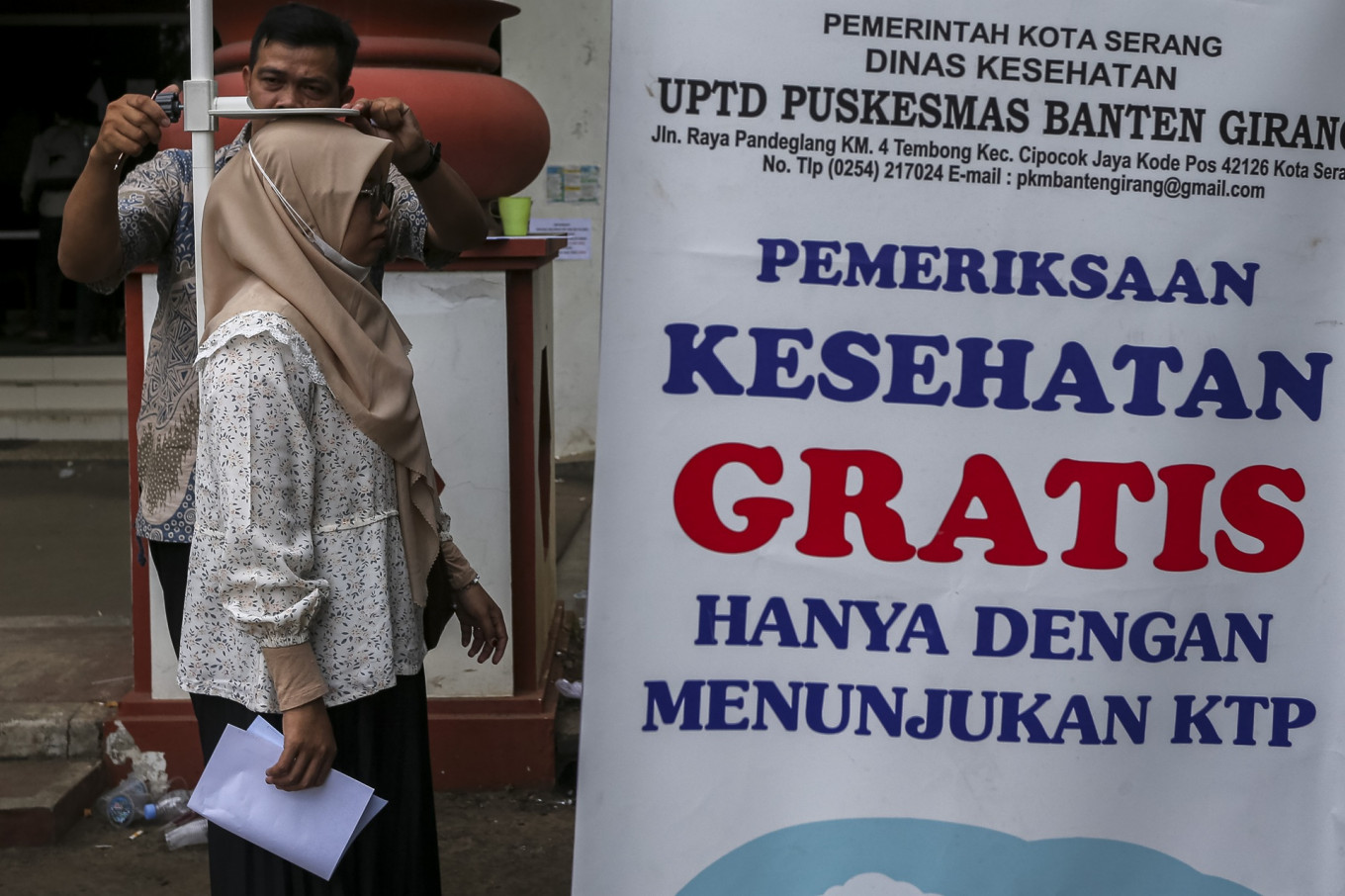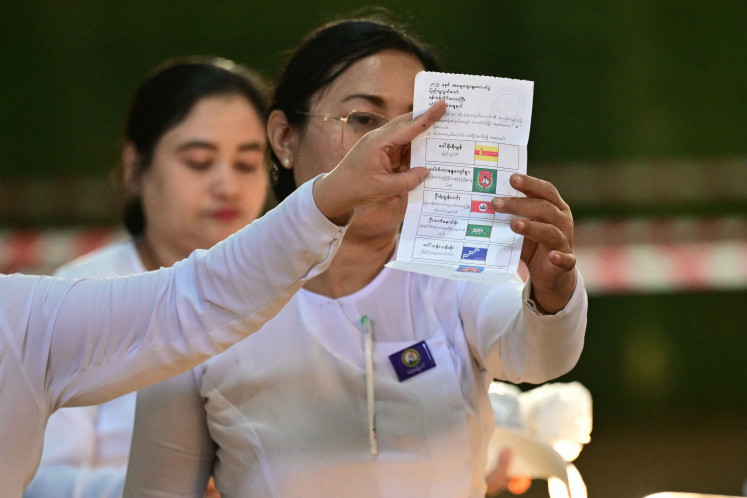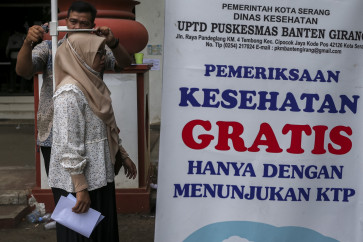Popular Reads
Top Results
Can't find what you're looking for?
View all search resultsPopular Reads
Top Results
Can't find what you're looking for?
View all search resultsOvarian cancer, a silent and stealthy threat to women
Unlike breast and cervical cancer, no routine and simple screening tests can help patients detect ovarian cancer.
Change text size
Gift Premium Articles
to Anyone
T
he government’s initiative on free health screenings is a crucial step toward a better safeguard for Indonesian people against cancer. As of August, over 20 million individuals have benefited from the free health checkup, which is part of President Prabowo Subianto’s quick-win programs aimed at early detecting non-communicable diseases, including cancer.
The effectiveness of these screenings, however, may face challenges from malignancies with an insidious nature like ovarian cancer
Global Cancer Observatory’s (Globocan) data reveal a grim reality that approximately 324,000 women were diagnosed with ovarian cancer in 2022, with a staggering 207,000 or almost 78 percent succumbing to the disease.
According to World Cancer Research Fund’s (WCRF) Ovarian Cancer Statistics 2022, Indonesia ranks among the top 10 countries globally for ovarian cancer incidence, reporting 15,130 new cases and 9,673 deaths, with a disturbing trend of increasing cases among younger women, who are still in their productive years.
Ovarian cancer is now the third leading cancer affecting Indonesian women after breast and cervical cancer, with an incidence rate of 9.8 per 100,000. Ovarian cancer has unique characteristics that warrant special attention, especially because it has the lowest five-year survival compared with breast or cervical cancer.
Breast cancer presents noticeable symptoms, such as lumps or changes in appearance, and this allows patients to detect abnormalities and seek medical care earlier. Women who regularly undergo screening, such as mammography, are more likely to have cancer detected at an early stage.
To combat cervical cancer, the government has provided complimentary screening services for women and vaccinations for girls to protect them against human papillomavirus (HPV), the primary cause of the cancer. Even midwives in remote regions reportedly have been able to perform Visual Inspection with Acetic Acid (VIA) tests to identify pre-cancerous lesions and enable timely interventions.



















